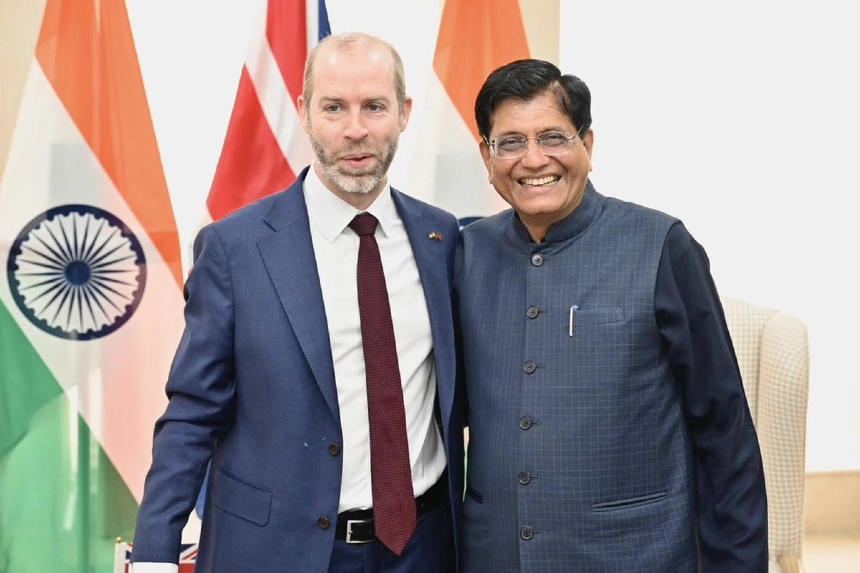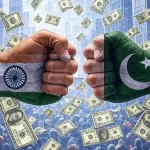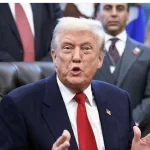India and the United Kingdom signed the most-awaited free trade agreement on Tuesday amidst soaring tariffs by the US. It is suspected that both governments hurried to sign the pact due to expected losses from the high tariffs of the United States. The deal has gone through phases of negotiations in the past three years and aims to increase trade between the fifth and the sixth largest economies by 25.5 billion pounds by 2040.
Prime Minister Modi said the deal is “ambitious and mutually beneficial”, while the British Prime Minister Keir Starmer said it will boost trade and open up a “new era for trade.” The move is, however, not surprising as, after the imposition of heavy tariffs by Donald Trump, countries across the world are seeking new trade partners.
The deal includes lower tariffs for commodities, including whisky, which will increase British firms’ presence in India and vice versa. It also opens up the automobile sector of India to the European nation, and is the UK’s most important trade deal since the deal with the EU in 2020. The trade under the FTA will add 4.8 billion pounds to the GDP of the UK, while it is also expected to benefit 99 exports from India going to the European country. The tariff reductions from Britain will be 90 per cent.
The deal has been in rounds of negotiations since 2022 and reflects an independent trade deal by Britain after Brexit. But the talks were only prolonged, especially due to political instability in the United Kingdom. However, the Labour Party government headed by Starmer began the negotiations in full swing, and the deal was finalised last week in London.
It covers rules of origin, which will enable manufacturers to import goods at a lower tariff even if the raw materials are sourced from another country. Provisions of the service sector are also a part of the deal, giving options to the firms in the UK to sign contracts in India. However, what is shocking is that neither of the parties has referred to the CBAM, which will increase taxes from 2027, and the Indian government has repeatedly asked to be exempted.
Ajay Srivastava, founder of Global Trade Research Initiative, a Delhi-based think tank, said that CBAM might lead to disruptions to trade relations in future and offset the benefits to Indian companies.








